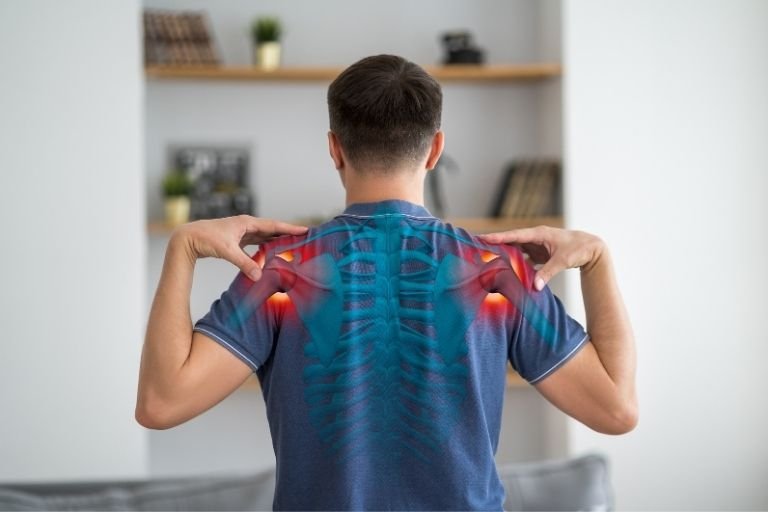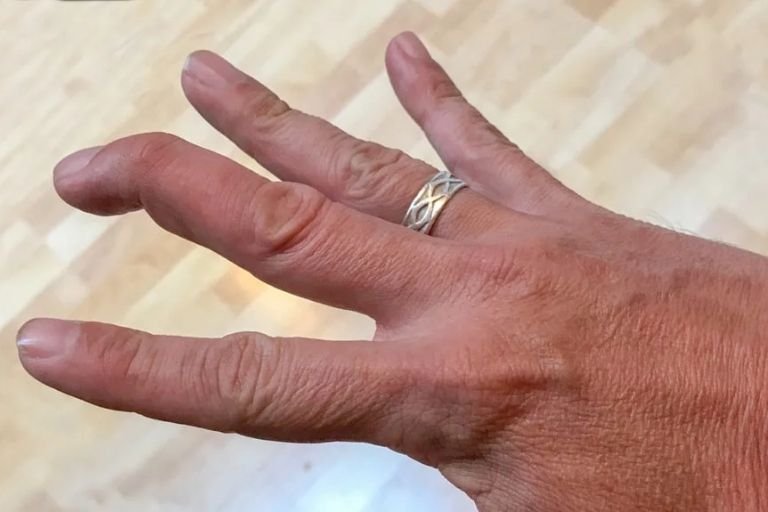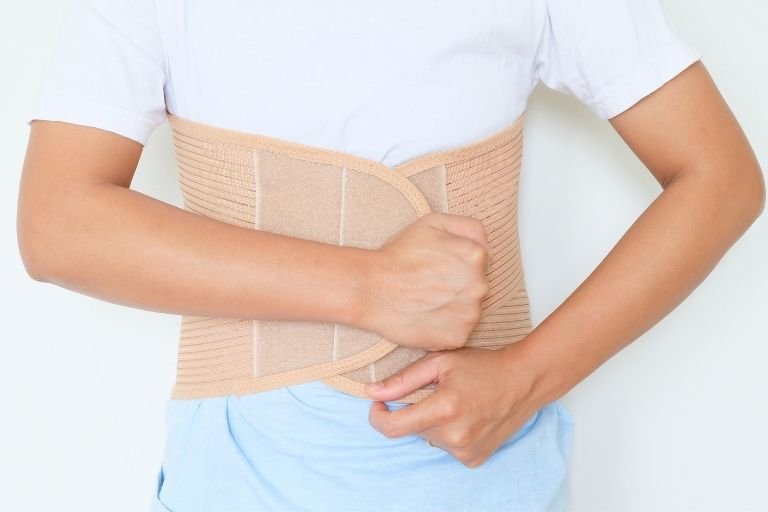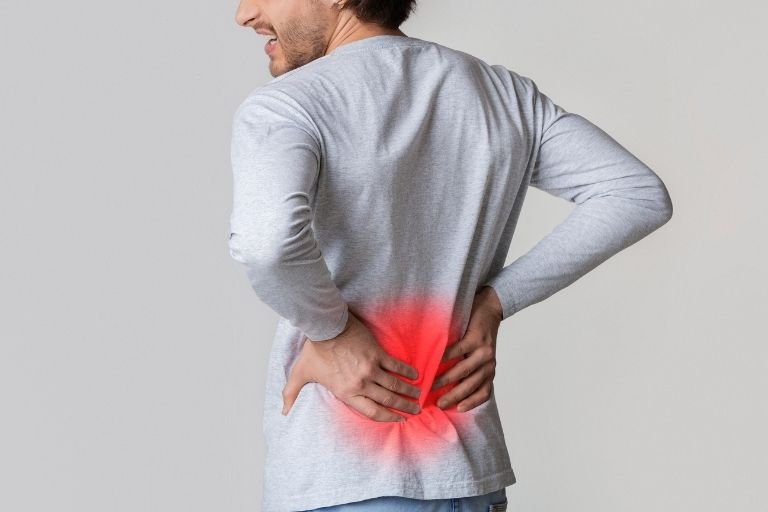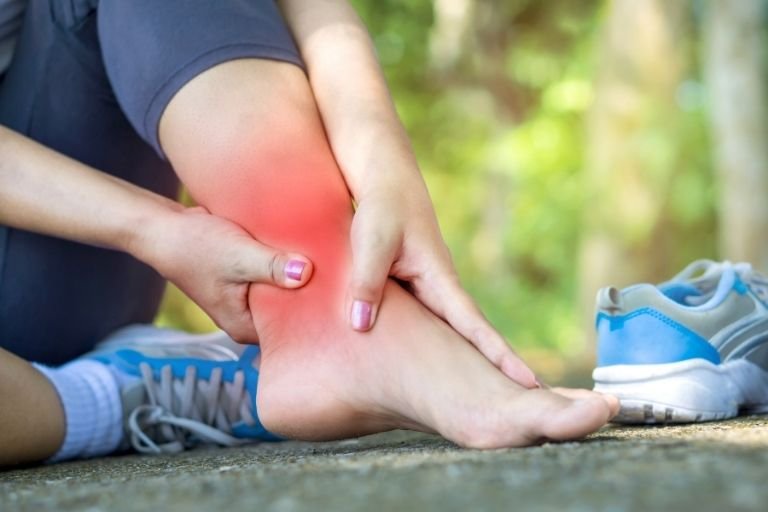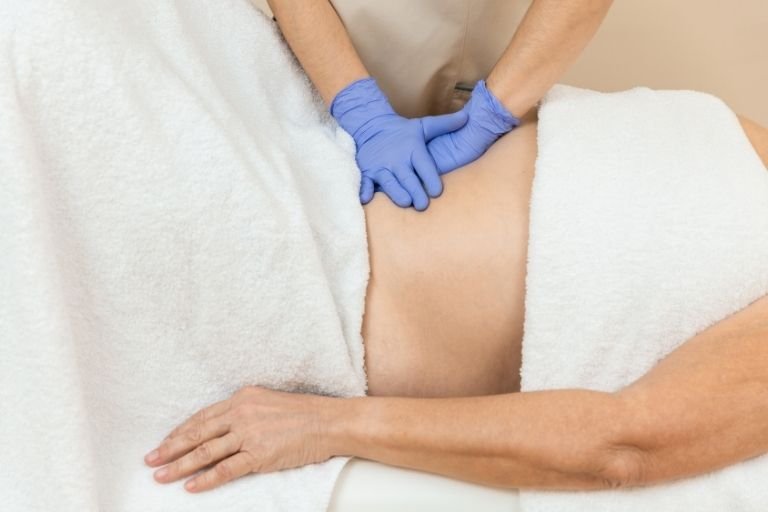- Fitwell Physiotherapy
Quadriceps Strain

A quadriceps strain is a stretch, partial tear, or complete rupture of one or more muscles in the quadriceps group — located at the front of your thigh. It often occurs during sudden acceleration, jumping, kicking, or intense leg movements common in sports.
Please submit your details below.
Common Causes:
Sudden sprinting or jumping
Overuse or fatigue during exercise
Inadequate warm-up
Direct blow to the thigh
Imbalanced strength or flexibility
Signs & Symptoms:
Sharp or aching pain in the front of the thigh
Swelling, tenderness, or bruising
Difficulty walking or straightening the leg
Muscle weakness or tightness
Visible bulge or muscle deformity (in severe cases)
Diagnosis:
At Fitwell Physiotherapy, Kharadi, we perform:
Detailed physical assessment
Strength & flexibility tests
Functional movement analysis
Imaging (if required) to grade the strain
Physiotherapy Treatment at Fitwell:
1. Acute Phase (First 48–72 hours):
Rest and protection (use of braces if needed)
Ice application to reduce pain and inflammation
Gentle compression and elevation
Pain management modalities (IFT, ultrasound, Tecar therapy)
2. Recovery Phase:
Gentle stretching of quadriceps and hip flexors
Isometric exercises to maintain muscle activity
Progressive strengthening (leg raises, wall squats, lunges)
Soft tissue release and manual therapy techniques
3. Functional Phase:
Balance and proprioception exercises
Return-to-sport or daily activity drills
Final assessment for full mobility and pain-free function
Why Choose Fitwell Physiotherapy, Kharadi?
Expert physiotherapists with experience in sports and muscle injuries
One-on-one care and personalized rehab plans
Advanced modalities like Tecar, IFT, TENS, and Ultrasound
Safe and effective recovery with long-term injury prevention focus
Frequently Asked Questions
Related Conditions
How Fitwell Physiotherapy Can Help?
Dr. Richa’s Fitwell physiotherapy has an extensive team of physiotherapists all within their own specialist areas of physiotherapy. Whatever your condition, we guarantee that we will have the best physiotherapist for you. We assess, diagnose, plan, cure and care for you.
Fitwell Physiotherapy Clinic, Pune provides you best physiotherapy treatment in Kharadi, pune. We also serve Chandan Nagar, Vadgaon Sheri, Keshav Nagar, Wagholi & nearby Areas in Pune. We are experts in treating Neck Pain, Hand Pain, Back Pain, Lower Back Pain, Knee Pain, Stiff Neck, Sciatica, Arthritis, Stroke Paralysis & Post Surgical Rehab.
We provide Specialized physiotherapy treatments in Sports Injuries, Pre and post Surgery, Neurologic, Pediatric, Chronic Pain/Fatigue, Rheumatology, Women’s Health, Men’s Health, Ergonomics, Vestibular, Amputees & all sort of Pain treatment and lifestyle conditions.






















